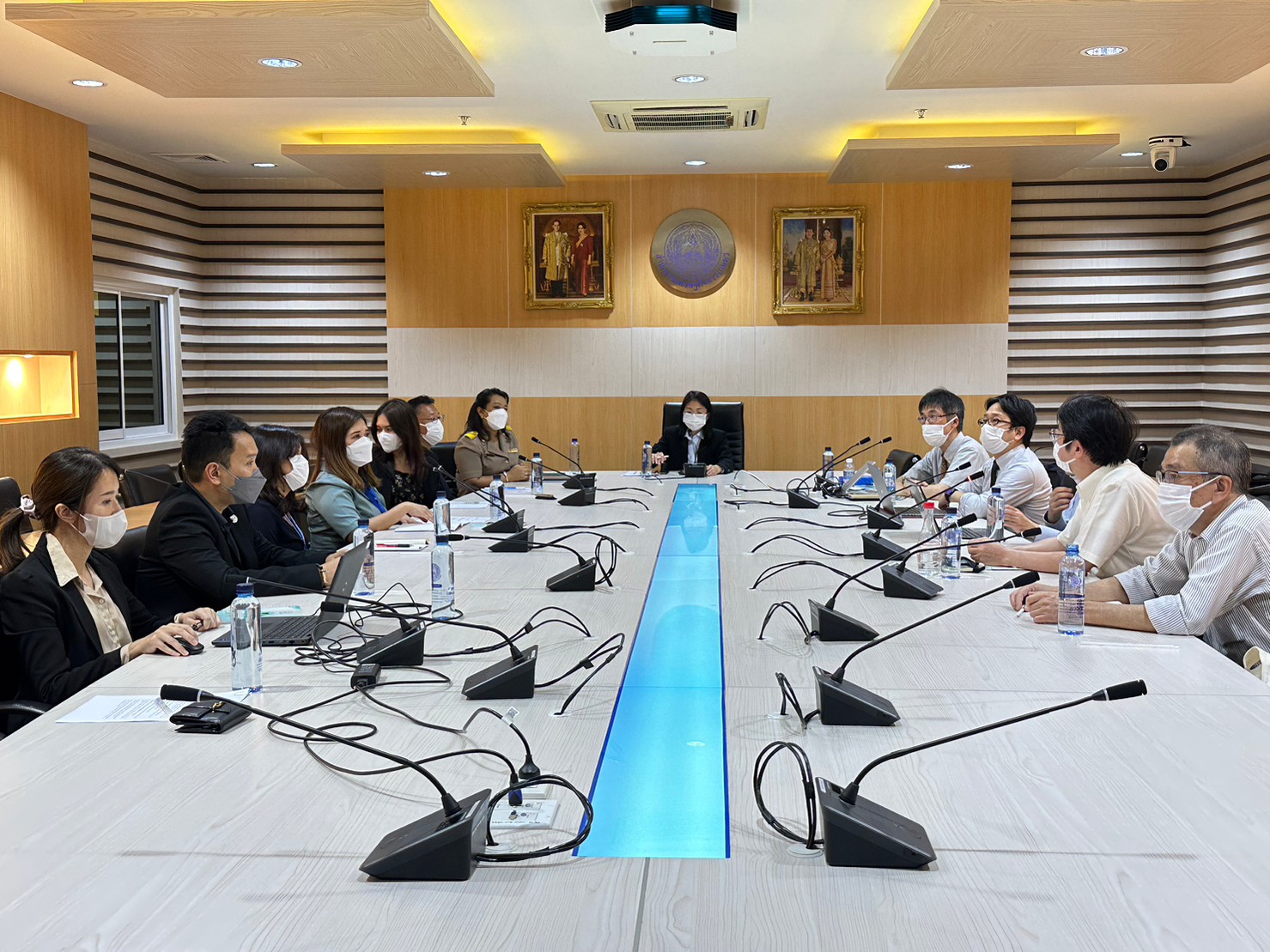
On 13 February 2023, AFSIS Secretariat held a meeting with the Japan Aerospace Exploration Agency (JAXA) under the Space Applications for Environment (SAFE) community with support from JAXA and MAFF of Japan in meeting room 1, Innovation building, Office of Agricultural Economics, Bangkok.
The participants were 3 representatives from JAXA: Dr. Shinichi Sobue, Dr. Kei Oyoshi, and Mr. Go Segami, 1 representative from MAFF, Mr. Ryuki Ikeda, 1 representative from SEAA Research LLC, Mr. Shoji Kimura, and the AFSIS Secretariat.
The objective of the meeting was to introduce SAFE projects and cooperation in SAFE activities i.e., the SAFE Rice monitoring (INAHOR) using ALOS-2satellite and Artificial Intelligence (AI) and Machine Learning (ML) with training data collection for rice mapping, a New SAFE project regarding methane emission from paddy rice (CH4Rice), and the relationship between SAFE Rice monitoring (INAHOR) project and FAO project.
In addition, there was a discussion session where the participants discussed the potential collaboration between AFSIS Secretariat and JAXA for enhancing the food security information in the ASEAN Region by using satellite technology in the future.
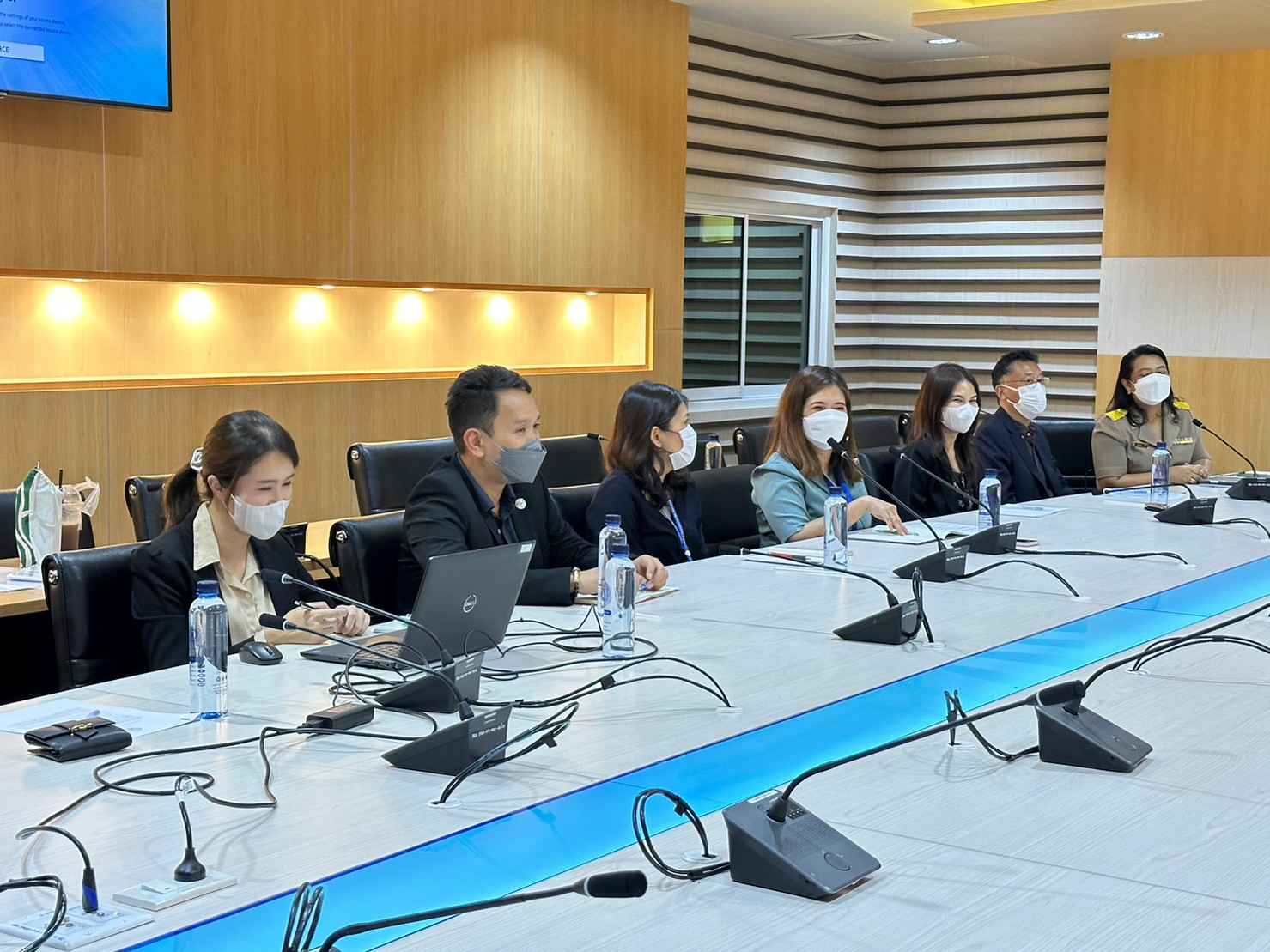
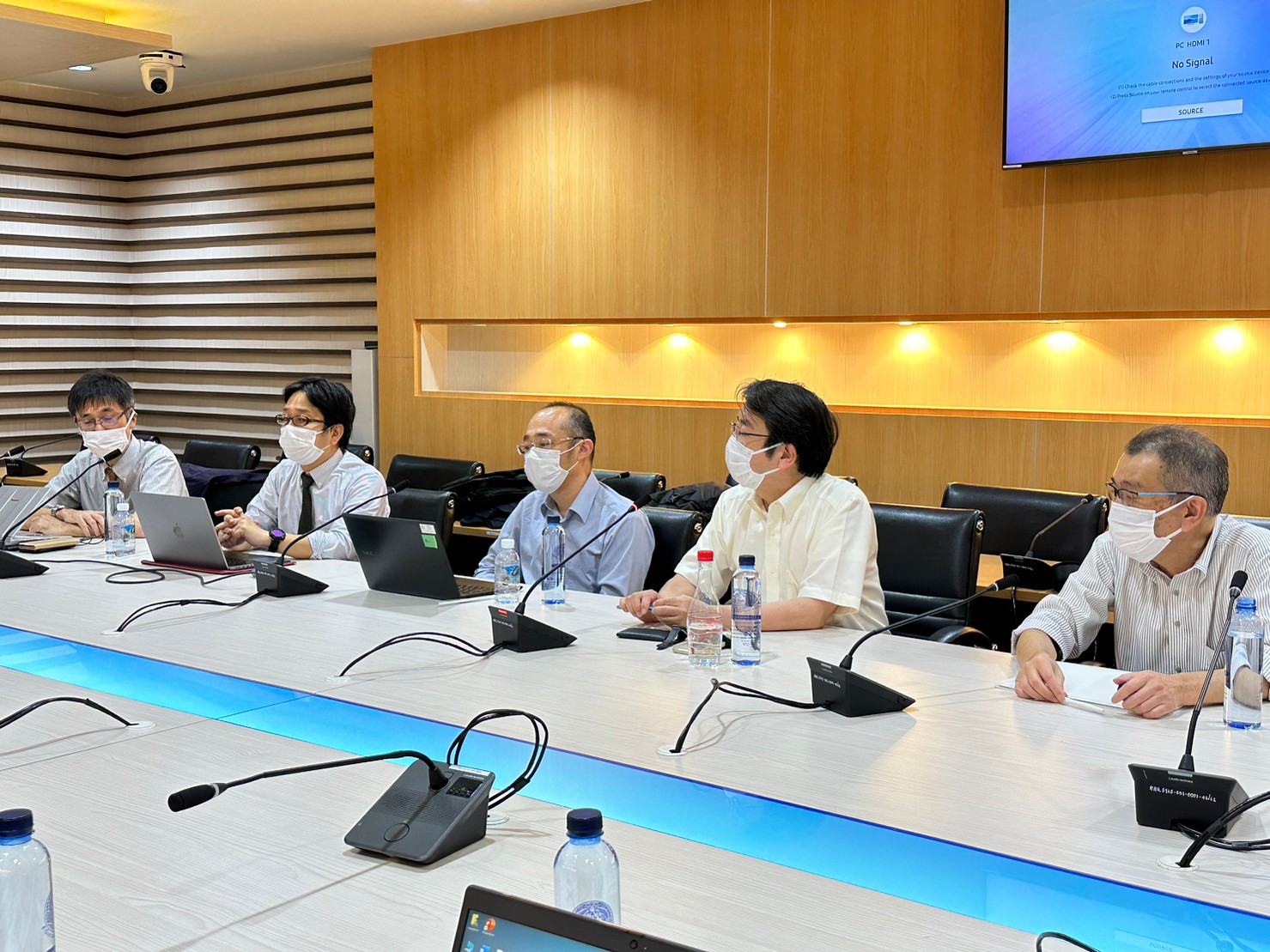
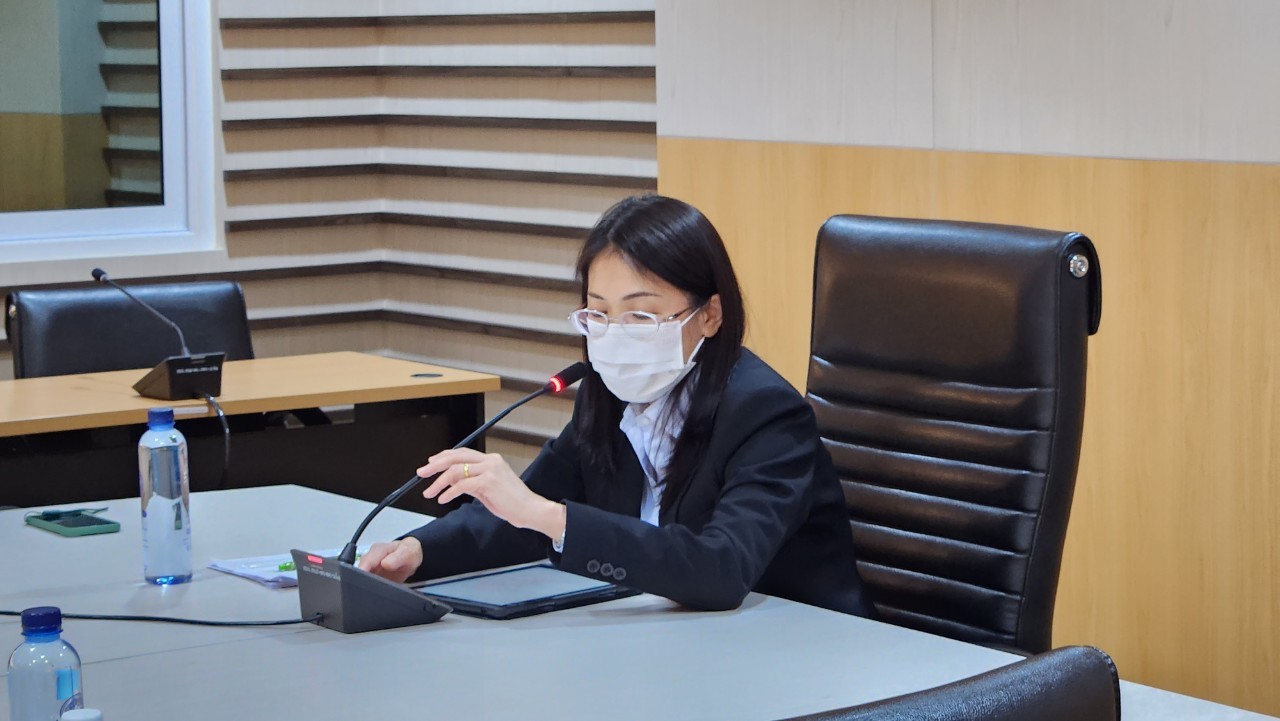
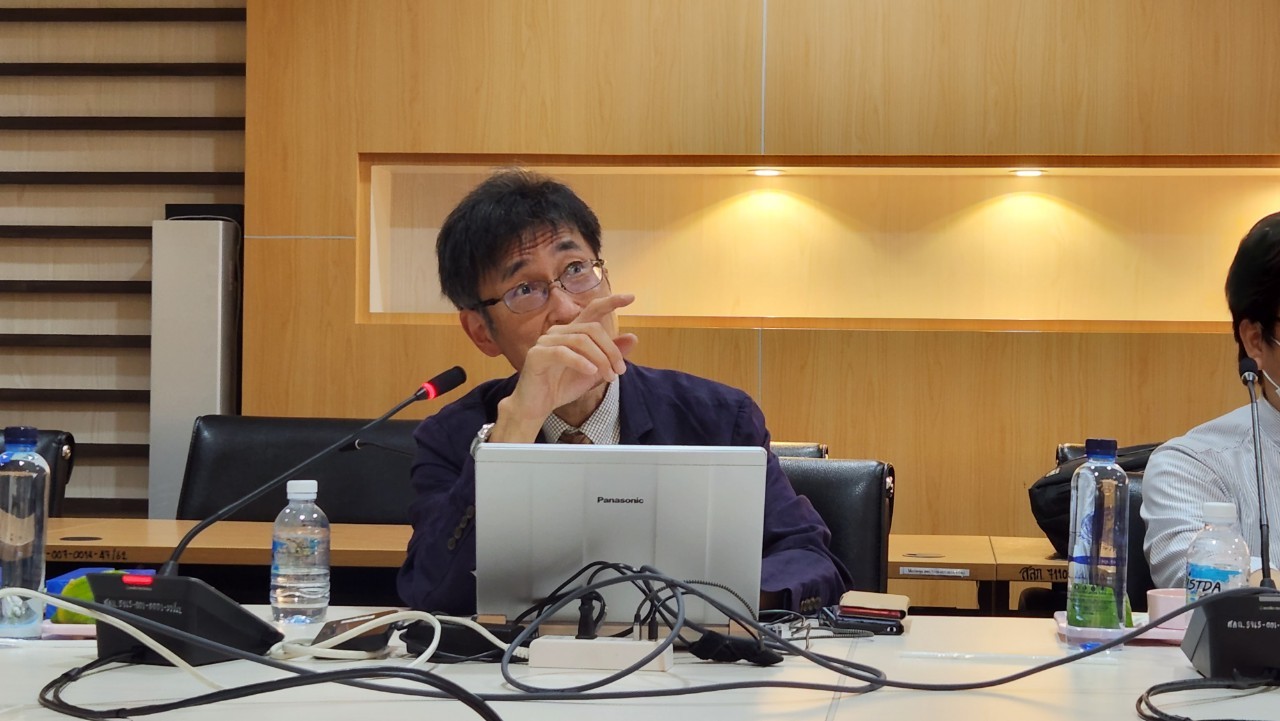
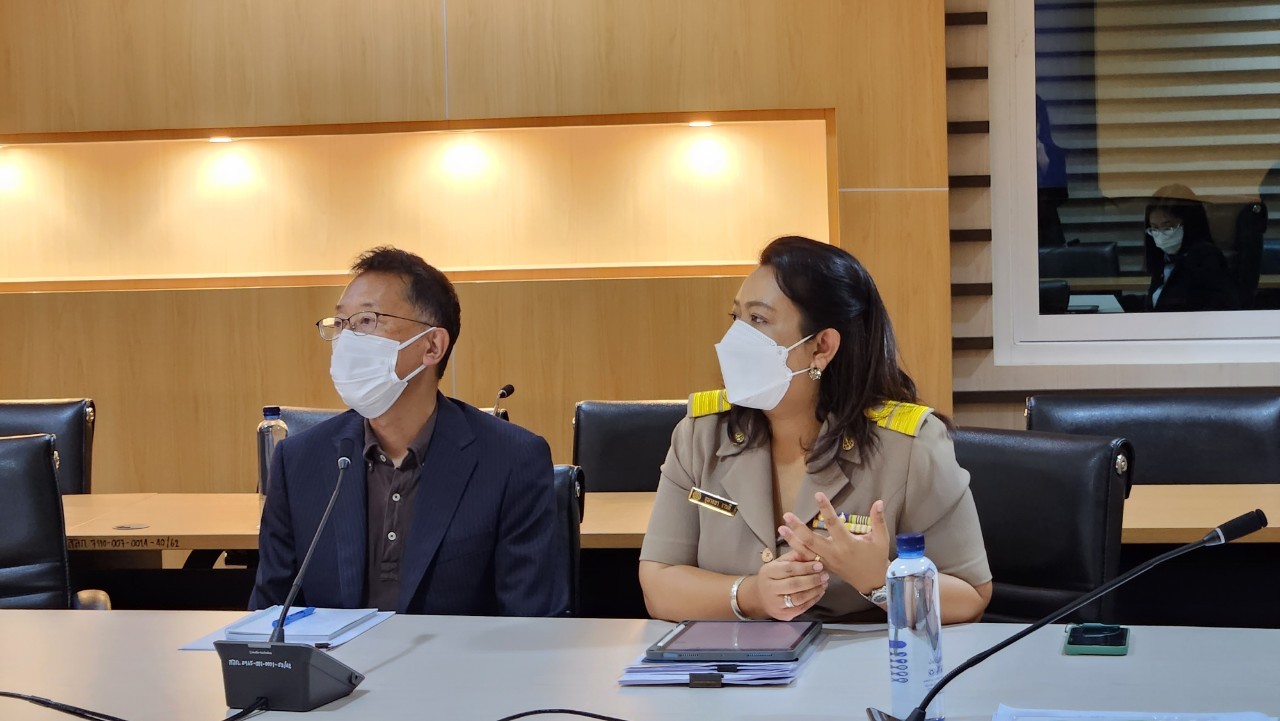
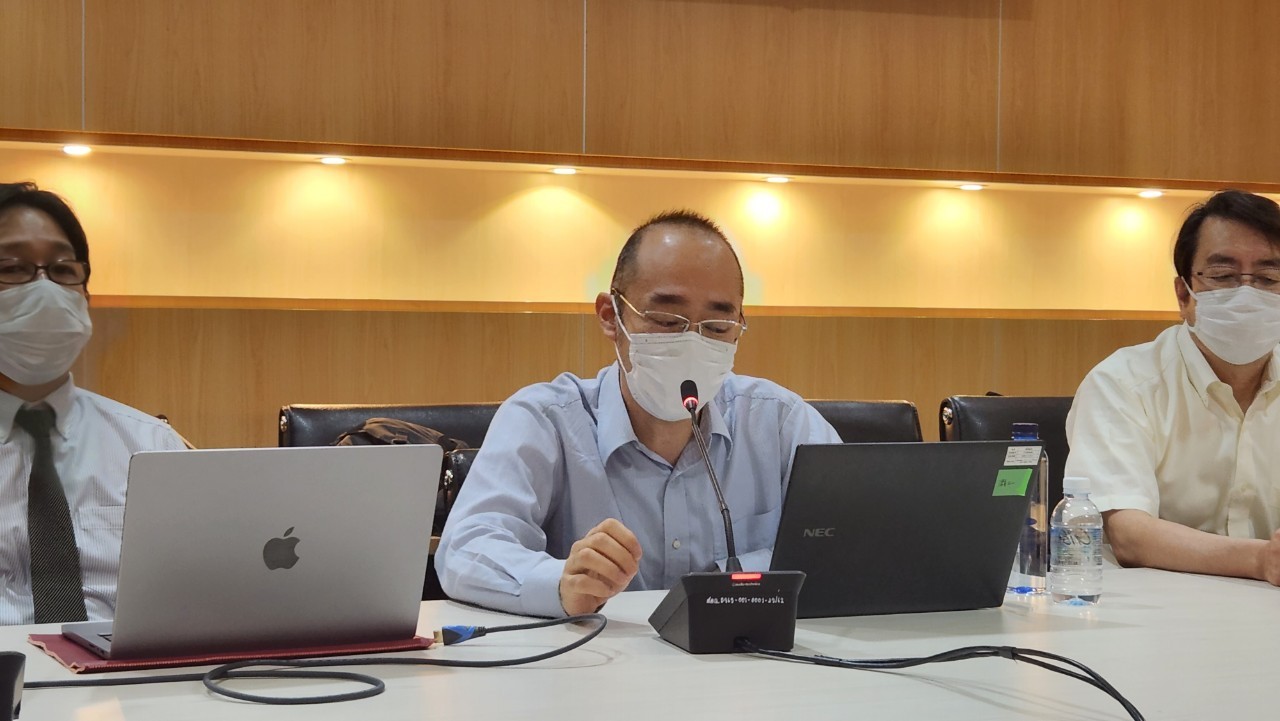
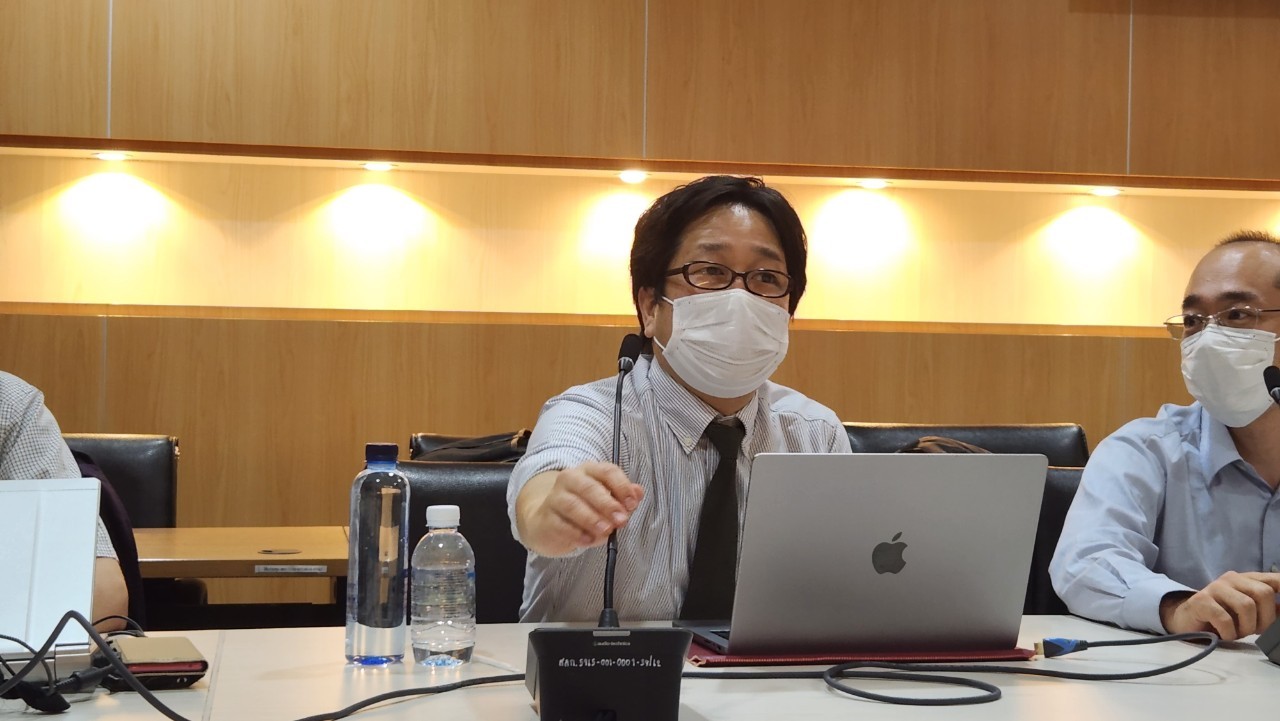
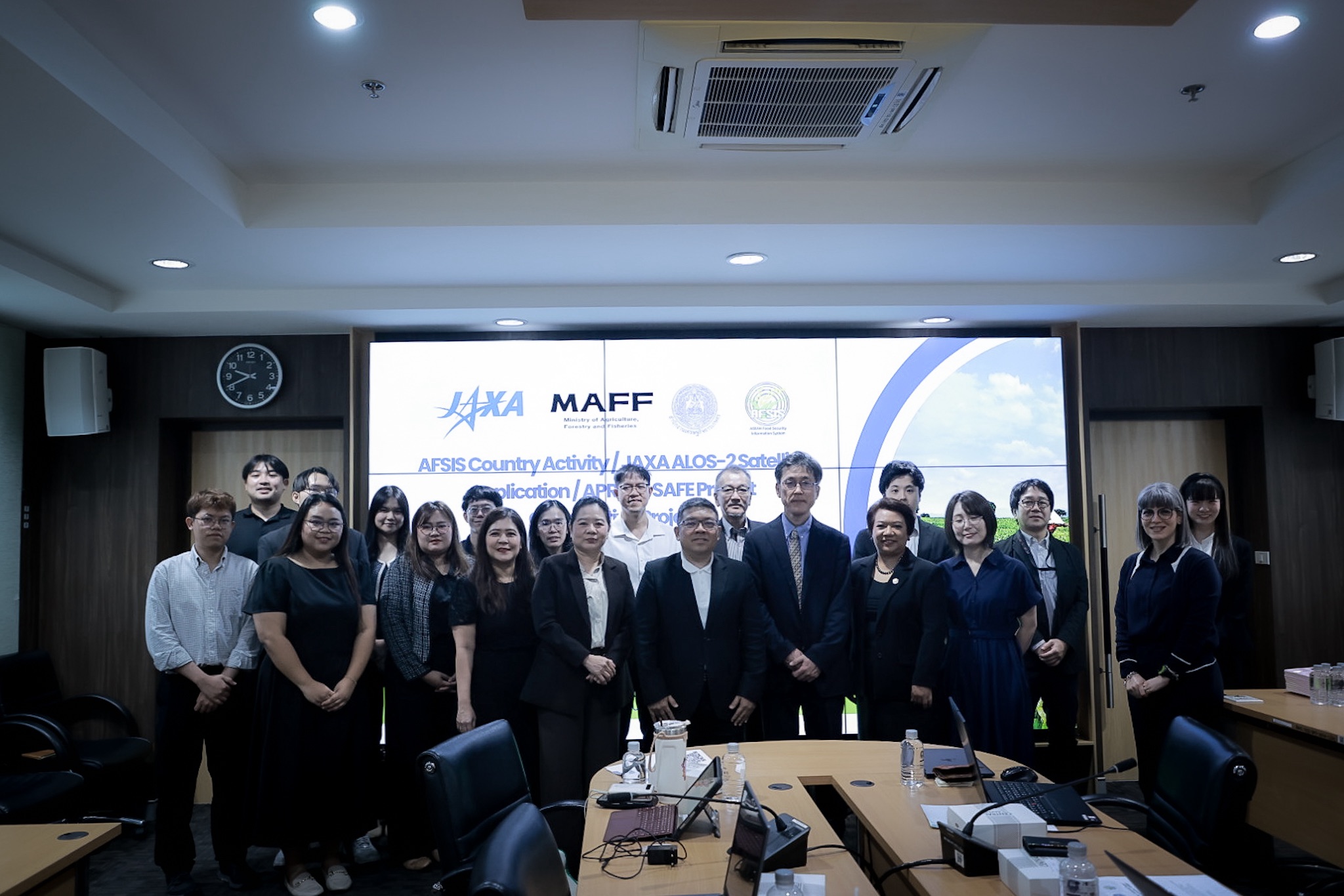
On 12-13 February 2026, the AFSIS Secretariat, in collaboration with the Japan Aerospace Exploration Agency (JAXA), the Remote Sensing Technology Center of Japan (RESTEC), Ministry of Agriculture, Forestry and Fisheries (MAFF) Japan and the Office of Agricultural Economics (OAE), Ministry of Agriculture Cooperatives (MOAC), conducted a workshop conducted a workshop The Promoting Rice Planted Area and Production Estimation Using INAHOR and Space-based Technologies in Thailand at the Meeting Room 2, Innovation Building, 3rd FL, Office of Agricultural Economics (OAE)
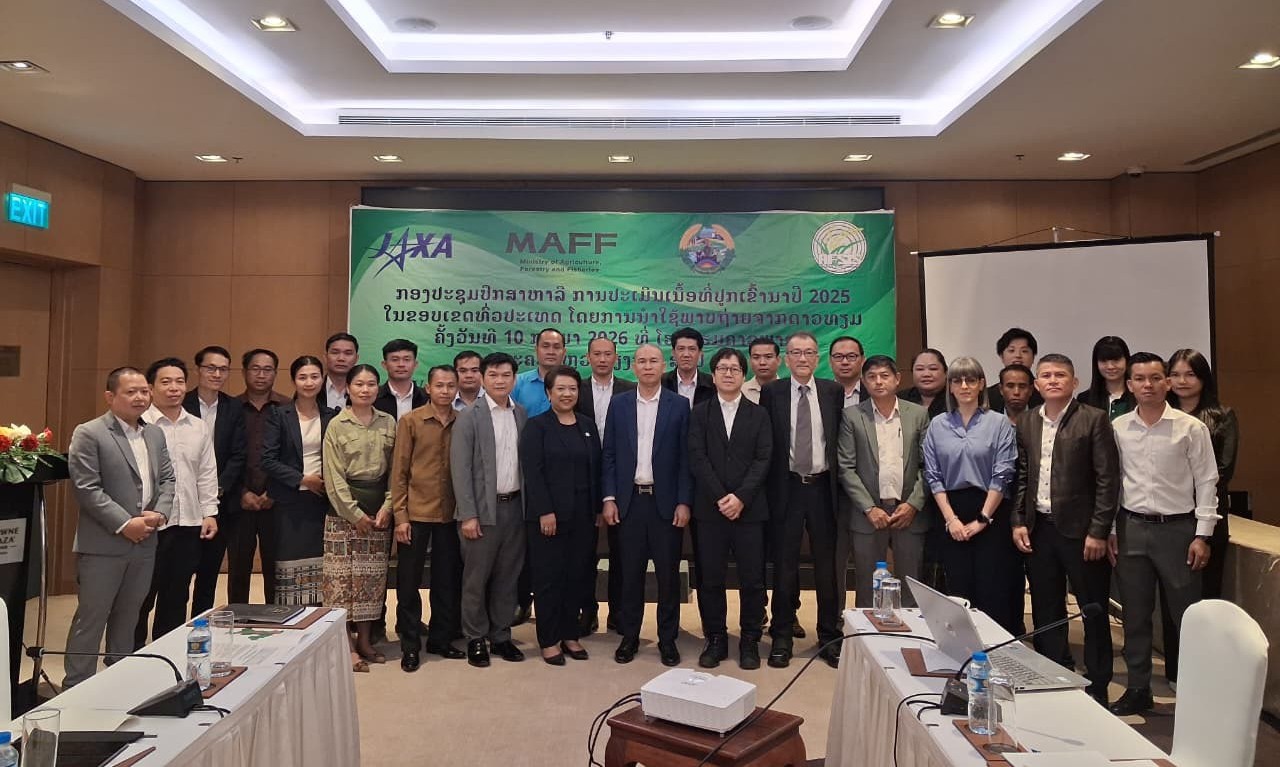
The In-Country Workshop on Promoting Rice Planted Area and Production Estimation Using Space-based Technologies in Lao PDR was jointly organized by AFSIS Secretariat, JAXA, MAFF Japan, and MAE Lao PDR under the AFSIS-GIS and SAFE projects. The event was held in Vientiane with hands-on training on 9 February 2026 and a workshop on 10 February 2026.
.jpg)
On 13–15 January 2026, the Office of Agricultural Economics (OAE), Thailand, in collaboration with the Ministry of Agriculture, Forestry and Fisheries (MAFF), Japan, and the AFSIS Secretariat, conducted the 1st Meeting of Japan–Thailand Expert Dialogue on Agricultural Statistics. The meeting was held at the Office of Agricultural Economics and field survey activities in Chonburi Province.

On 3–4 December 2025, the ASEAN Food Security Information System (AFSIS) Secretariat participated in the ASEAN Plus Three Emergency Rice Reserve (APTERR) Table Top Exercise (TTX) held in Bandar Seri Begawan, Brunei Darussalam.